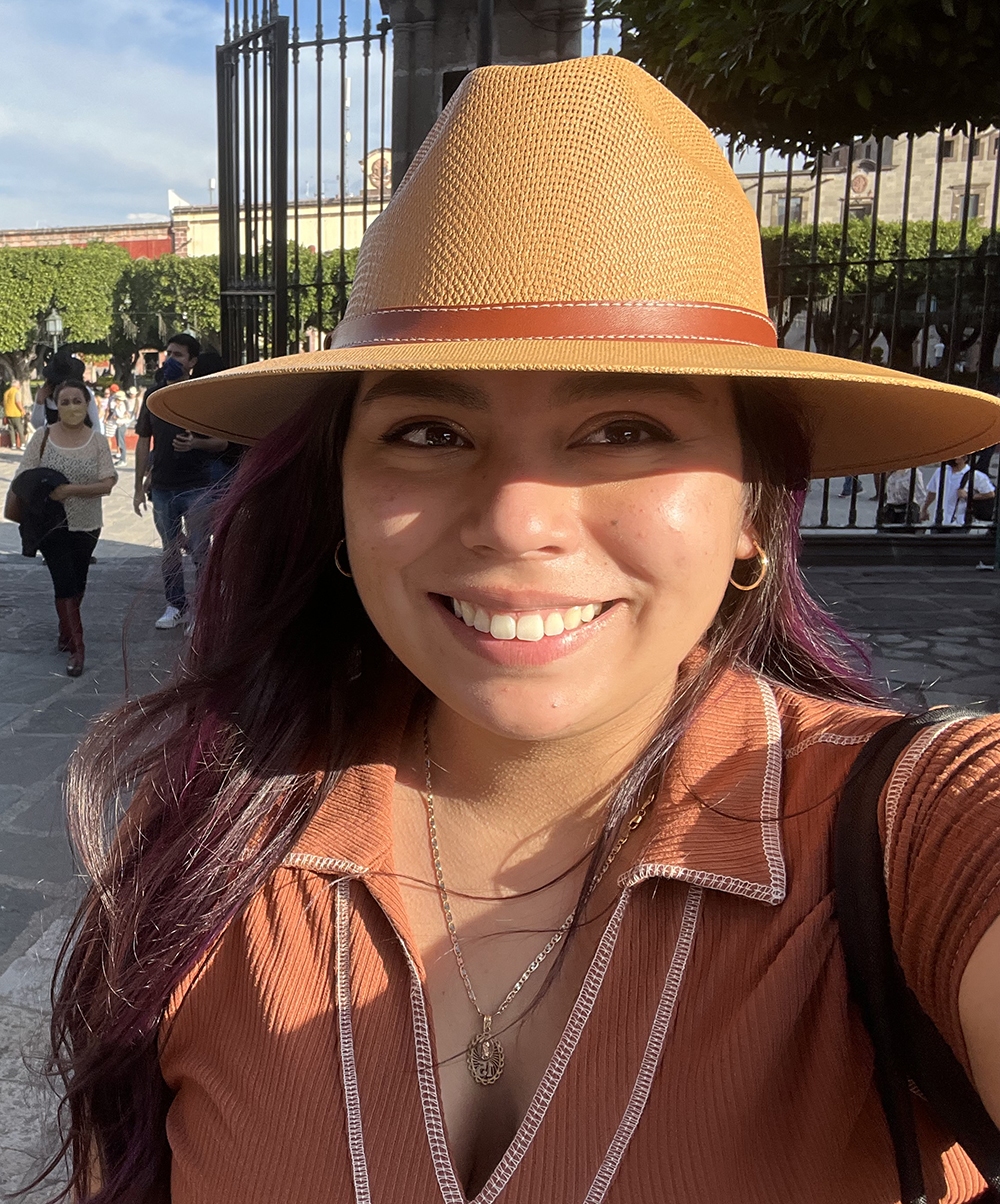
Helen Vasquez
Helen Vasquez earned a bachelor’s degree from Texas A&M University in Wildlife and Fisheries sciences. During undergrad she developed skills in animal care and participated in programs relating to conservation education of the public. After graduation, she worked in Dr. Greg Sword’s lab assisting in fall armyworm colony care and behavioral research. Currently, Helen hold the position of Colony Care Manager of the BPRI, where she oversees the isolated locust colony and assist in research on locust behavior.
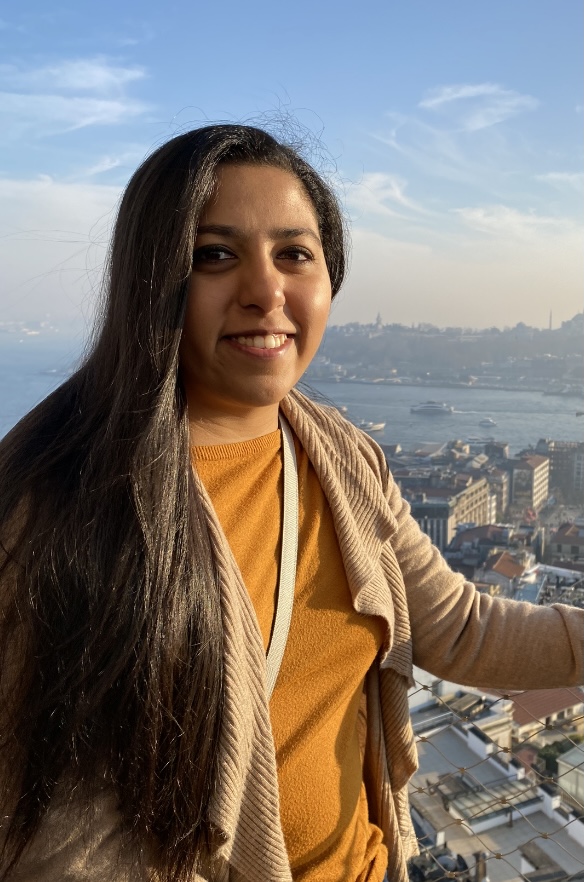
Hala Khan
Hala Khan is a former medical student at the University of Texas in Houston. Hala is interested in applying her skills to the generation of transgenic grasshoppers and establishing new molecular and genetic methods in this species.
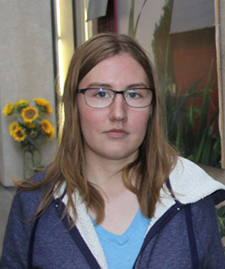
Richelle Marquess
Richelle Marquess received a B.S. in Biology from Montana State University-Billings in 2014 and a M.S. in entomology from Texas A&M University in 2016. She worked for Dr. Spencer Behmer during her M.S. and produced a thesis titled, “The role of food protein-carbohydrate content on nutrient regulation strategies and wing morph determination in the wing polymorphic cricket Gryllus firmus.” She currently manages the locust rearing facility at Texas A&M University.
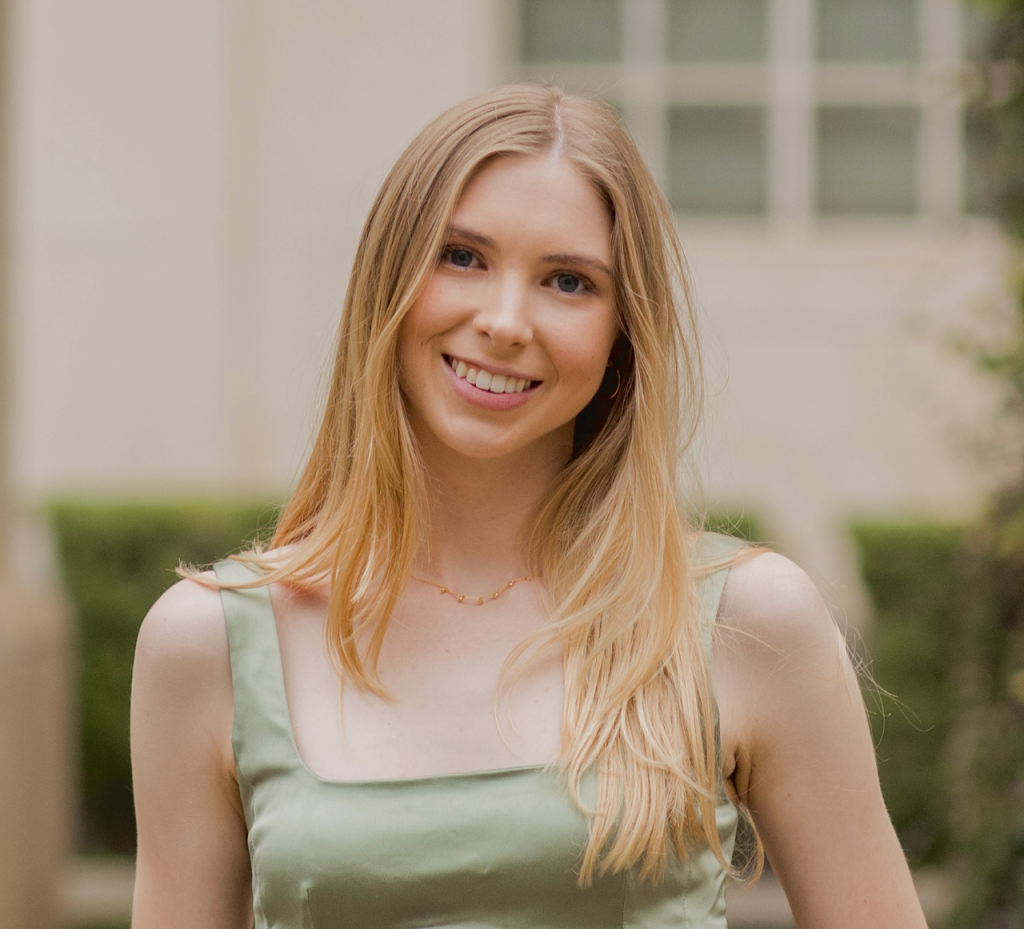
Madeline Severson
Madeline is a research technician in Dr. Gabbiani’s lab at Baylor College of Medicine, investigating collision avoidance behavior. Madeline also collaborates with the Dierick lab to implement CRISPR/Cas9 genome editing in Schistocerca americana. She obtained her B.Sc. in Neuroscience from the University of Texas at Austin. Her primary interests are developmental plasticity, epigenetics, and stress responses.
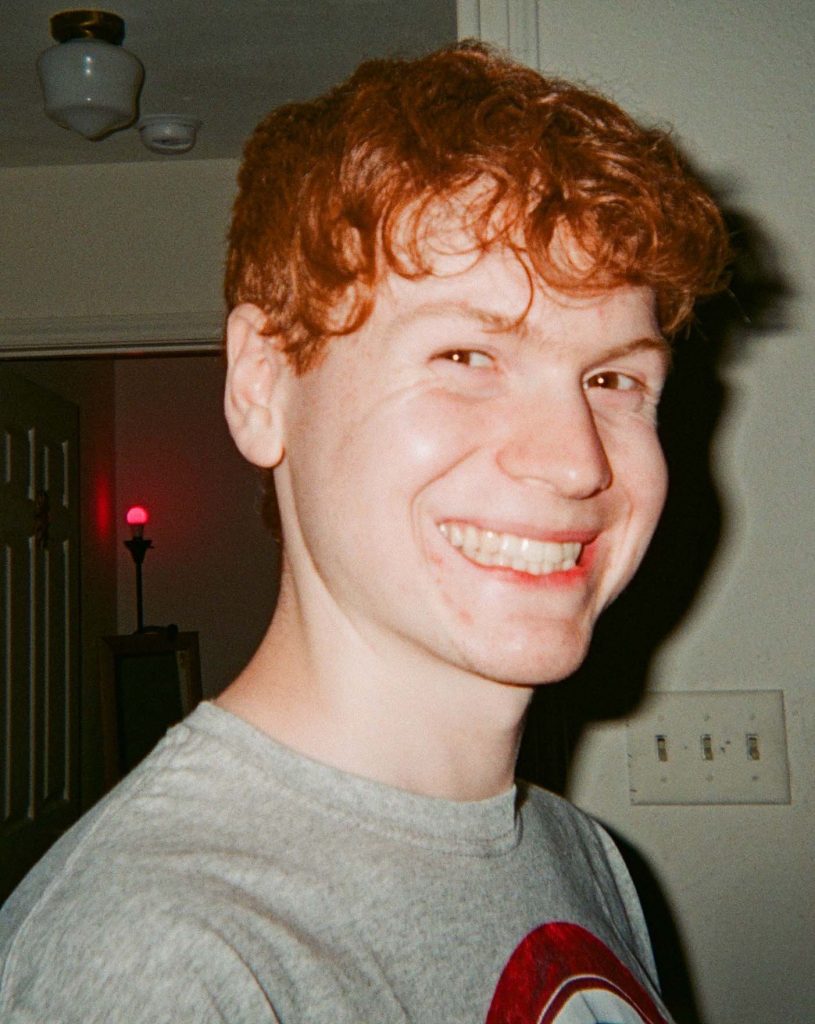
Dylan Ulloa
Dylan Ulloa is a graduate of the University of Texas at Austin. Dylan is developing transcriptomics techniques to be applied to study phase change in locusts.
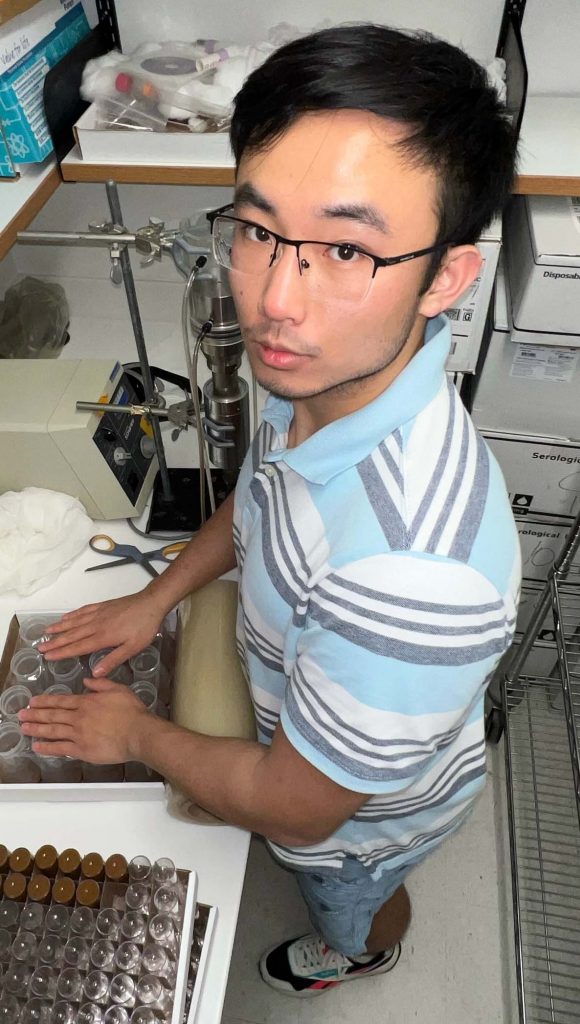
Jason Dong
Jason graduated from Rice University with a B.A. in Biosciences in 2022 and completed an M.S. in Microbiology and Immunology at Tulane University in 2023. He works on developing genomic editing tools in insects in Dr. Herman Dierick’s lab. His current project focuses on creating pieces for directional recombinase-mediated cassette exchange with spatiotemporal control functionality.